POLOCROSSE
WHAT DOES THE JOB INVOLVE?
Polocrosse is the ‘farmers’ game in rural Australia and they love it! Australian stock horses are the most commonly used breed worldwide and Aussies are very proud of their deep connection to this game.
Teams consist of six players divided into two sections of three. Three players at a time will take part in either 2, 3, or 4 chukkas of 6-8 minutes and use one horse for the entire game. It’s a fantastic way to improve your riding skills; you stop thinking about riding and focus on the ball. Before you know it you’ll be spinning, galloping to sliding stops and controlling your horses with the lightest one handed movements.
During the season you’ll be working as a strapper (groom). You’ll be getting horses ready for chukkas, washing down in between chukkas, bandaging, tacking up and all the general jobs. During the rest of the season you’ll be performing the usual duties such as mucking out, feeding up, assisting with practice matches and more than likely exercising young horses. You’ll get the chance to try your hand at polocrosse and more often than not you’ll be able to compete at low level polocrosse yourself.
Work hours
A 6 day week is typical and sometimes during the season, may be more. Polocrosse games and carnivals are often played at the weekends, so be prepared for loading up the horses and driving long distances across the beautiful countryside on a Friday afternoon. This is more of a lifestyle than a job and you will become part of the family that you work for.
Locations
Polocrosse is played all over Australia and teams compete in national games from almost every state. You may be lucky enough to travel the breadth of Australia by truck in order for your employers to compete interstate.
Typical length of job
Work can be all year round as those who compete often breed horses themselves and need to work youngsters up from breaking to competitive level. Employers need more help during the season as they are often transporting a number of horses to games and need to exercise them every day in order to keep up fitness levels.
Season
Polocrosse season does vary from state to state depending on the weather, but generally it begins in April and continues through to September. Nationals are held in April at the beginning of the season and are held every two years. It is wetter in Victoria during winter so the season tends to start earlier.
Living conditions
Expect rural living conditions. A room in the main homestead, separate cottage, donga, out-house or caravan. You may be required to sleep in swags in the back of the truck when travelling to carnivals, or basic motel accommodation along the way. Meals are usually provided by the employers. You may have access to a car and local town.
Who does this suit?
This is a great job for somebody wanting to learn a true component of Australian equine culture and history. You’ll need to be prepared to be based quite rurally in lots of circumstances. Hours can be long, it is often very hot and facilities very basic.
You can’t be too fussy with food and expect to work with some real country people. You’ll get to see loads of different locations when travelling during the season so it’s not so good for those who suffer from travel sickness.
More often than not you’ll merge into the camp drafting, rodeo, and cattle work worlds and get to see a bit of all the unique aspects of rural equine Australia.
Most people who play polocrosse breed their own horses so you’ll often need to handle and ride youngsters. It is likely that you’ll learn amazing new skills by witnessing this process from start to finish.
You’ll need to be prepared to get stuck in to all elements of rural life as many polocrosse farms will do everything themselves. In most cases it’s quite likely they’ll be other animals to look after. Maybe some tractor work, fencing, looking after the children and pitching in with cooking and cleaning. Quad bikes , buggies or two-wheelers are often used on the farms to move horses around.
This work is for those looking for a real rural experience working with fantastic Australian stock horses. Learn a true Aussie sport, stay with people who live and breathe horses, and travel by road taking in some of the best rural scenes Australia has to offer.

